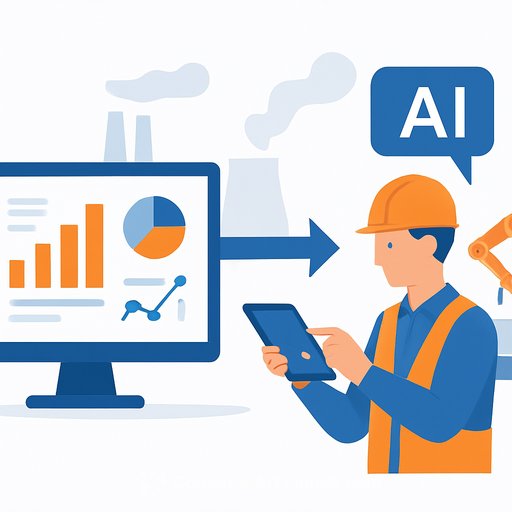Samsung Electronics Sets Bold AI Integration Goal for Operations by 2030
Samsung Electronics announced a major shift in its business strategy aimed at integrating artificial intelligence (AI) into 90% of its operations within the next five years. This move is designed to transform how the company works and grows, positioning AI at the core of decision-making and daily processes.
The announcement came from Roh Tae-moon, acting head of Samsung’s DX Division, during a press conference at IFA 2025 in Berlin, Europe’s largest consumer electronics event. Roh emphasized that by 2030, AI will not just support but actively make on-site judgments and decisions across Samsung’s operations.
Hybrid AI Strategy: Combining Internal Strengths with External Innovation
Samsung plans to implement a "hybrid AI" system that integrates cloud-based AI from software partners with its own on-device AI technologies. Roh highlighted that the company won’t rely solely on internally developed AI models but will also incorporate technologies from strategic external partners. This combination aims to optimize AI deployment across all Samsung devices such as mobile phones, TVs, and home appliances.
This approach offers flexibility and access to a wider range of AI capabilities, enabling Samsung to remain competitive in a global market where innovation speed is crucial.
Competing Through Diverse Hardware and Accessible AI Experiences
Samsung faces stiff competition, especially from Chinese manufacturers known for their strong presence in mid-to-low price segments. To counter this, the company is expanding its product lineup in these categories while enhancing AI features even in more affordable models.
- The Galaxy S25 Fan Edition (FE), recently revealed at IFA, exemplifies this strategy as a near-premium phone offering advanced AI capabilities at a competitive price.
- Samsung’s wide range of devices—mobile, PC, and TV—provides multiple touchpoints for AI integration, a distinct advantage compared to platform-only AI companies.
Roh pointed out, “Currently, there are several AI-related platform companies, but hardly any with diverse hardware.” This breadth of hardware enables Samsung to embed AI experiences seamlessly across various consumer products.
Innovations in New Form Factors and Display Technology
Samsung is also gearing up to launch new form factor products, including the extended reality (XR) device codenamed “Project Infinite.” This product is in its final development stages and will debut first in the Korean market.
Additionally, Samsung plans to release a tri-fold smartphone within the year, continuing its push into innovative device designs.
On the display front, Samsung is expanding its line of micro RGB TVs, following the launch of the world’s first model last month. The company aims to offer these TVs in sizes ranging from 65 to 98 inches next year while reducing prices to make the technology more accessible.
What This Means for Operations Professionals
Samsung’s commitment to embedding AI throughout its operations signals a shift in how large corporations approach technology-driven efficiency and decision-making. For operations teams, this means processes will increasingly rely on AI for real-time judgments and workflow automation.
Adopting AI at this scale requires a strategic restructuring of work methods, with a focus on integrating AI tools that complement human expertise. Samsung’s hybrid approach also underscores the value of combining internal capabilities with external innovations to stay adaptive.
Operations professionals can expect to see:
- More AI-powered decision support systems embedded in day-to-day workflows.
- Greater reliance on AI for operational efficiency and problem-solving.
- An increase in cross-functional collaboration between AI developers and business units.
Those interested in expanding their AI knowledge and skills to keep pace with these changes may find valuable resources and courses at Complete AI Training.
Your membership also unlocks:






